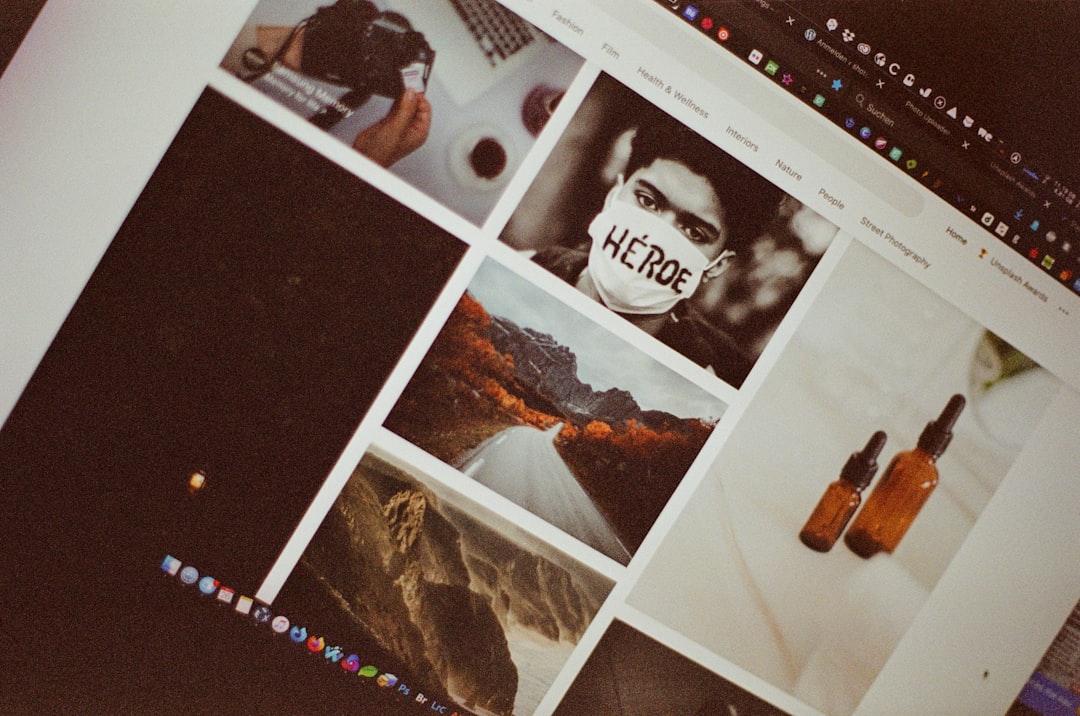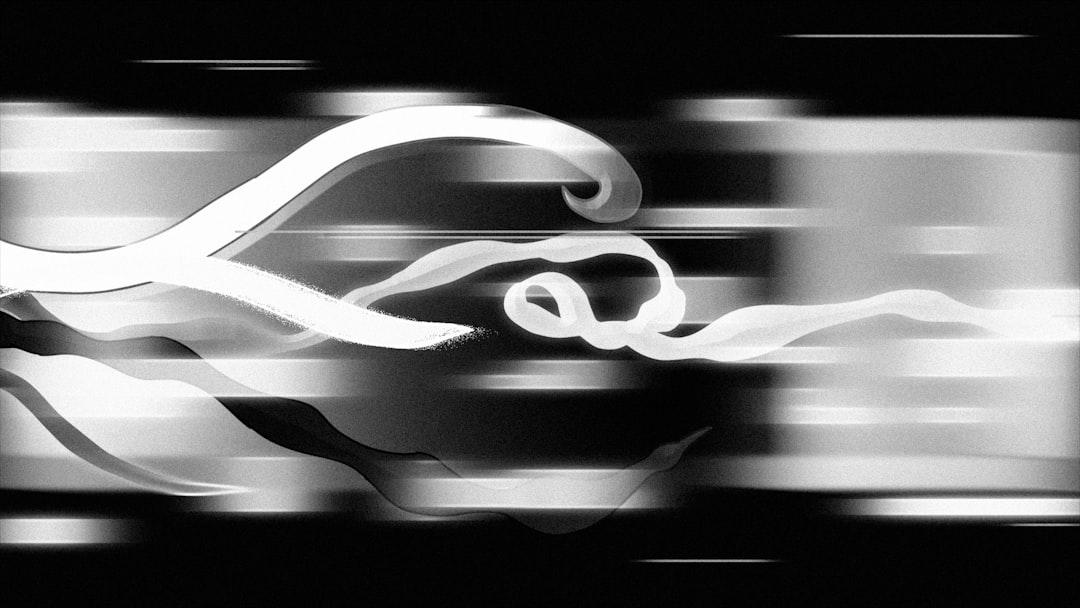With the advancement of artificial intelligence, identifying photos online has never been easier. Whether you’re a photographer protecting your content, a researcher verifying an image’s origin, or someone just curious about a picture’s authenticity, AI-powered reverse image search tools provide an efficient solution. These tools analyze visual data and match it with similar content across the web, helping users uncover details like source, usage, and context of any given image.
Here are some of the best AI reverse image search tools that offer accurate results and advanced capabilities for tracing photos:
1. Google Images
Google Images is one of the oldest and most reliable platforms for reverse image search. Users can upload an image or paste its URL, and Google’s algorithms will scan the internet for similar visuals. With the recent integration of AI through Google Lens, the results now include logical context such as related search terms, object recognition, and product discovery.
Pros:
- Free and easily accessible
- Powered by advanced Google Lens technology
- Wide-ranging search capabilities
Cons:
- Not 100% accurate with cropped or edited images
2. Microsoft Bing Visual Search
Bing Visual Search utilizes artificial intelligence to offer a visual search experience beyond simple reverse image search. It helps users detect products, landmarks, and even text within images using machine learning models.

Pros:
- Integrated with Microsoft’s AI capabilities
- Excellent for e-commerce and object recognition
- User-friendly interface
Cons:
- Smaller image database than Google
3. Yandex Image Search
Yandex, the Russian counterpart to Google, offers one of the most powerful image-matching technologies. Surprisingly efficient for finding less common data and locating people or places in images, Yandex excels where other tools sometimes fall short.
Pros:
- Highly accurate face and object detection
- Often finds results not indexed by Google or Bing
Cons:
- Interface primarily in Russian, although translation tools can help
4. TinEye
TinEye focuses entirely on reverse image search and is favored for tracking image usage and detecting duplicates. Powered by its proprietary image recognition technology, it doesn’t rely on metadata, making it great for tracking edited or modified images.
Pros:
- Accurate for edited or cropped images
- Offers image tracking and alerts via API
- Commercial solutions available for enterprise use
Cons:
- Less efficient at identifying objects or context in images
5. Pixsy
Pixsy is designed specifically for photographers and content creators looking to protect their work. Powered by AI, it searches multiple databases and websites to identify copyright infringement and unauthorized use. It even assists users in taking legal action when needed.

Pros:
- Advanced copyright detection with legal support
- Automated scanning for new matches
Cons:
- Primarily useful for professionals protecting content
Conclusion
AI reverse image search tools have revolutionized how we interact with visual content. Whether you want to trace the origin of a photo, verify its authenticity, or protect your intellectual property, there’s a tool tailored to your needs. While Google and Bing cater to general users, more specialized tools like TinEye and Pixsy serve niche applications effectively.
FAQs
- Q: Can AI reverse image search tools find edited or cropped images?
A: Yes, tools like TinEye and Yandex are particularly good at detecting edited or cropped images using pattern recognition algorithms. - Q: Are these tools free to use?
A: Google Images, Bing, and Yandex are free. TinEye and Pixsy offer both free and premium services, with advanced features behind paywalls. - Q: Is it safe to upload personal photos?
A: Most reputable platforms do not store your images permanently. However, avoid uploading sensitive content and review the site’s privacy policies before using it. - Q: Which tool is best for identifying people in photos?
A: Yandex is known for its superior facial recognition capabilities and often produces results that others miss.